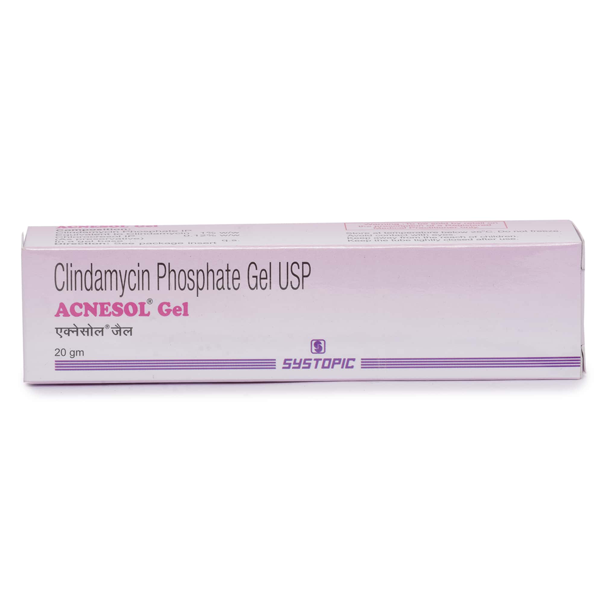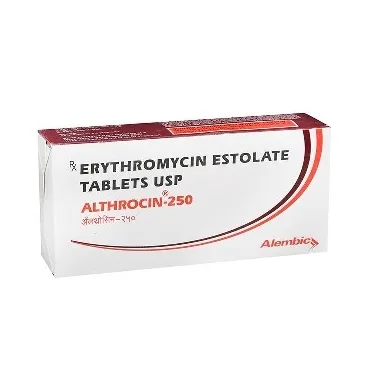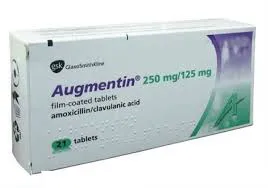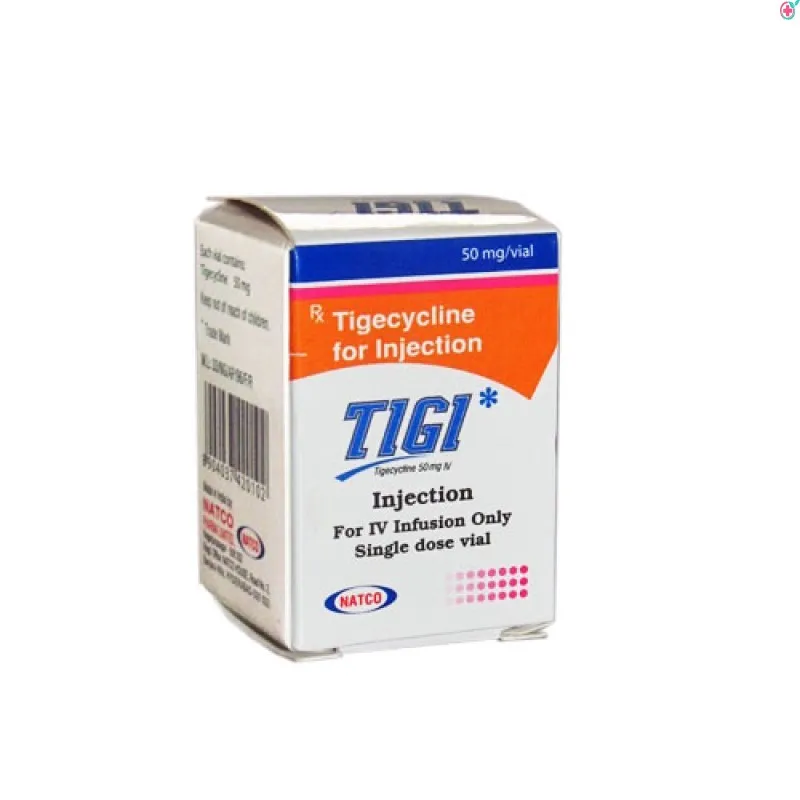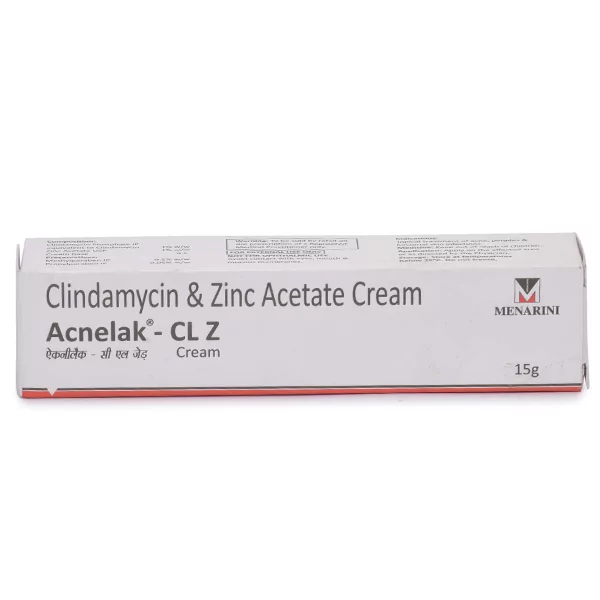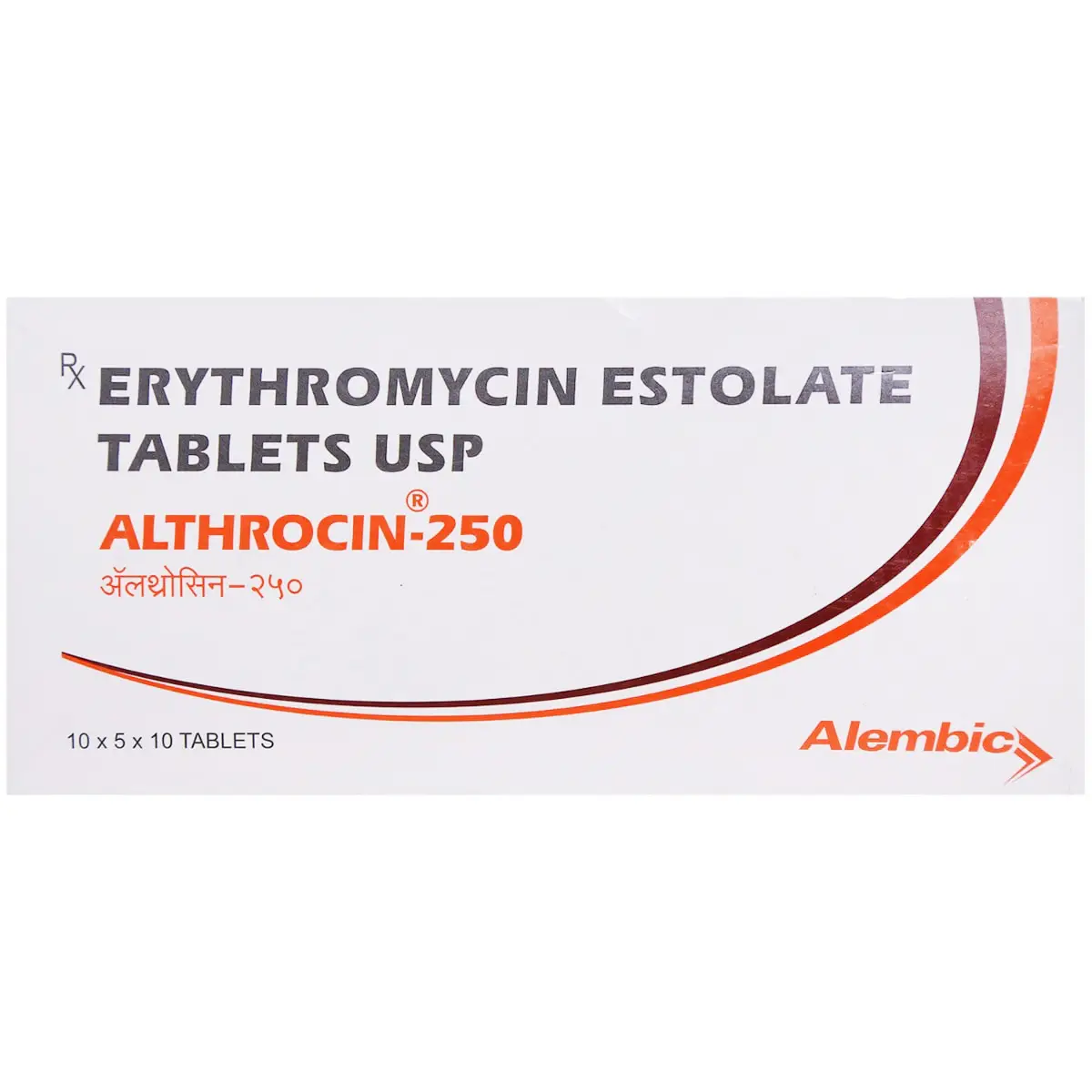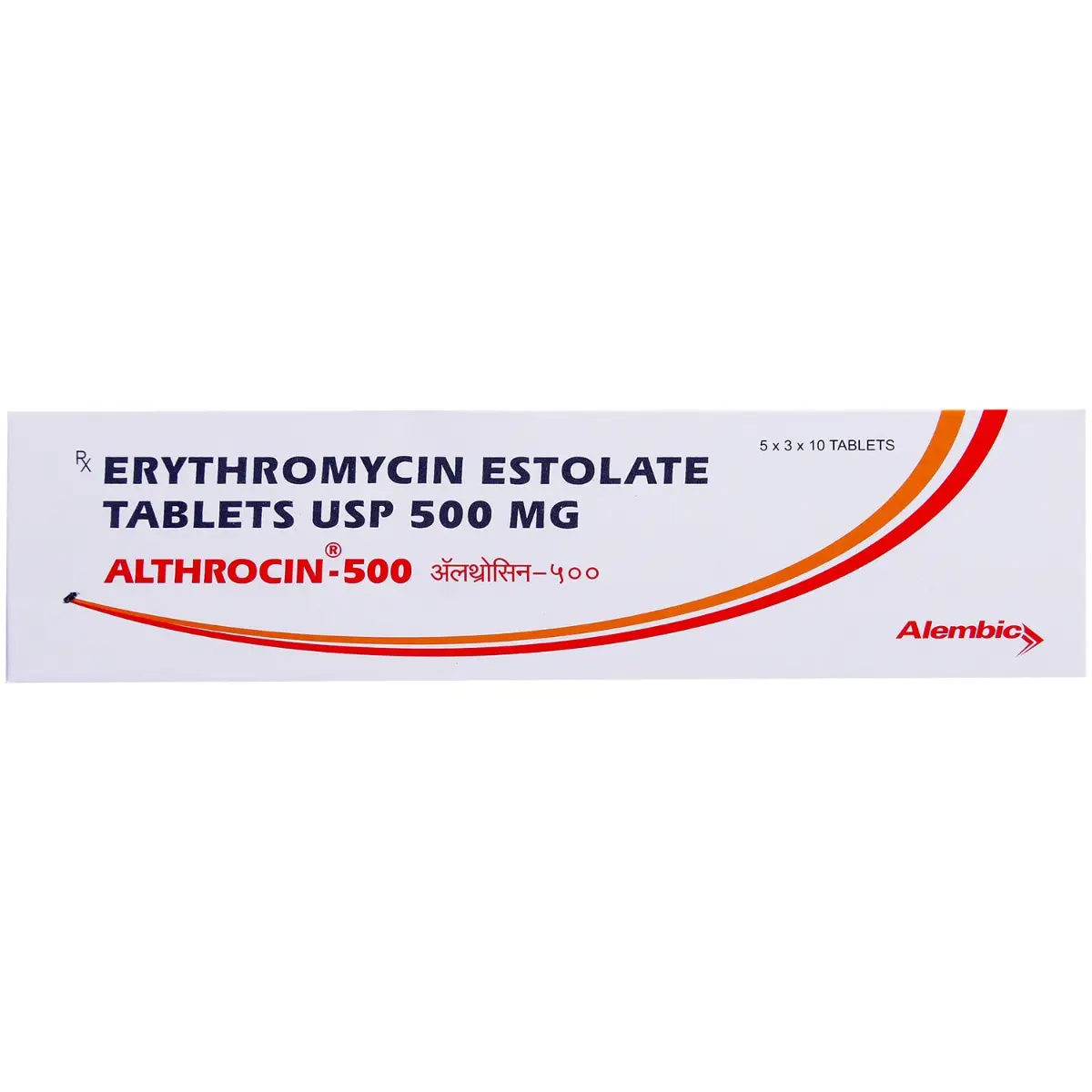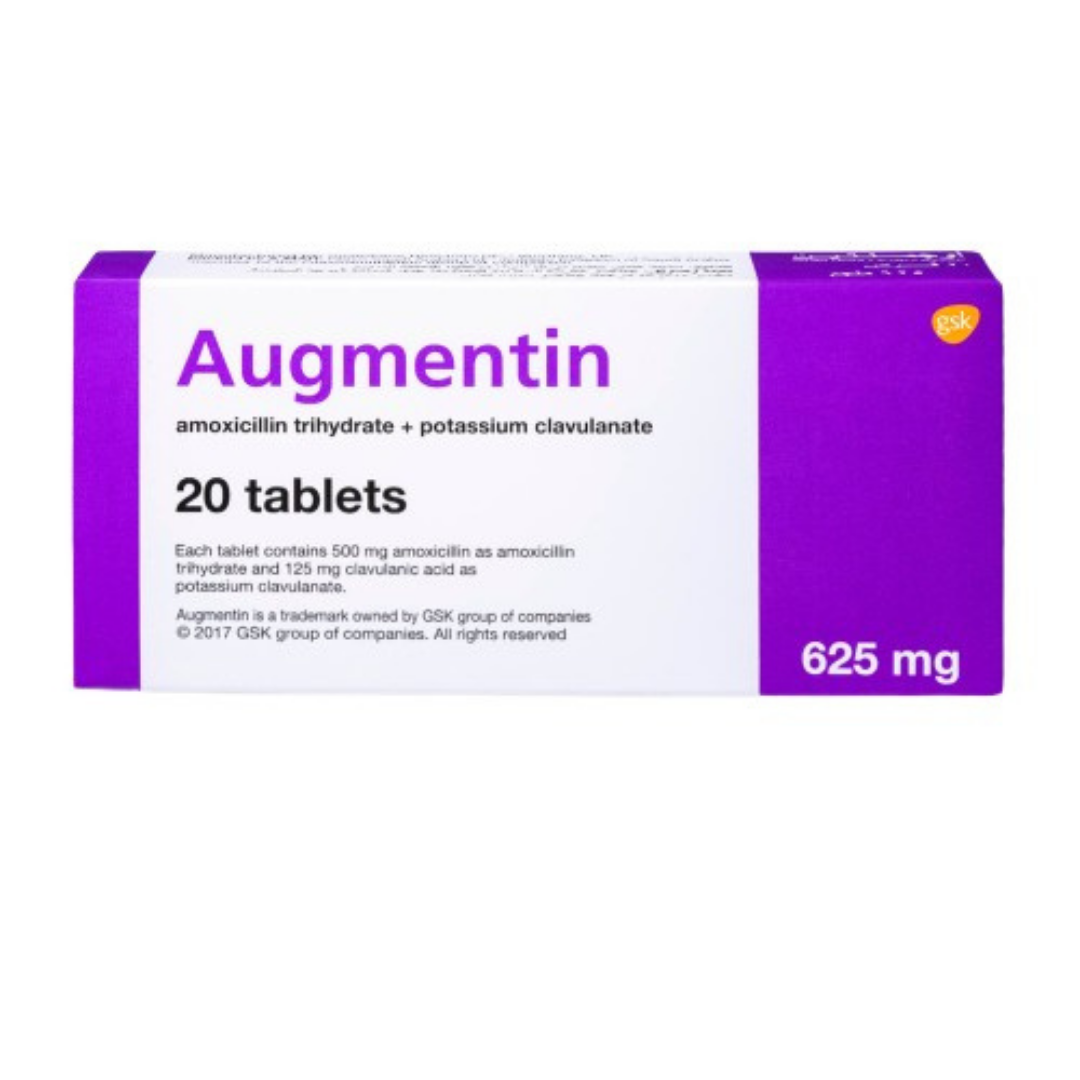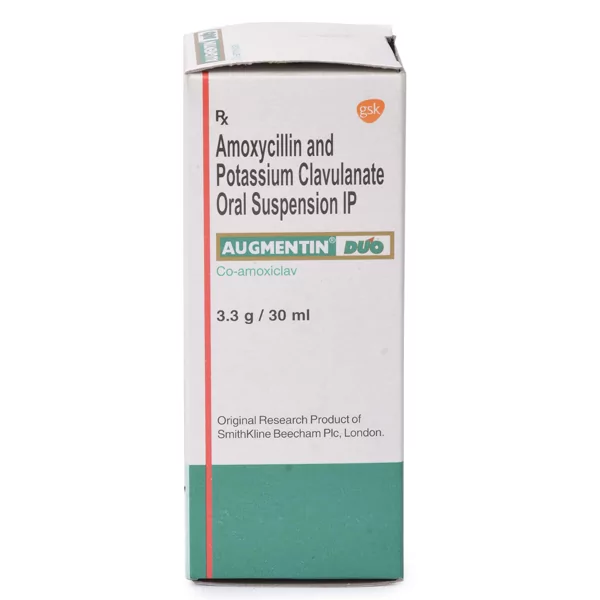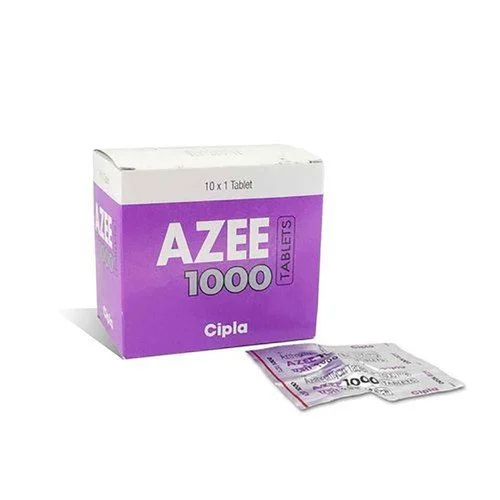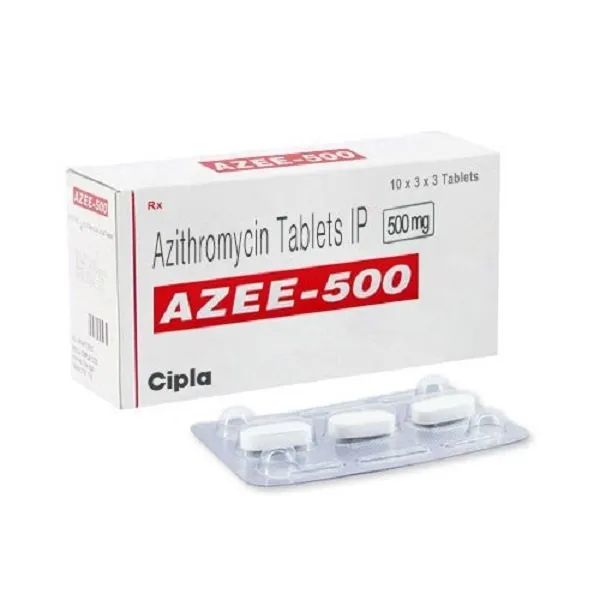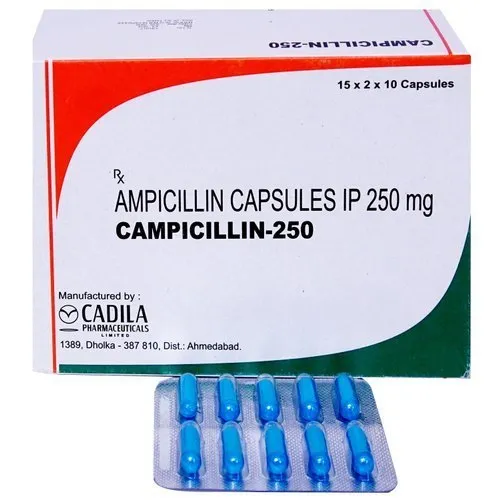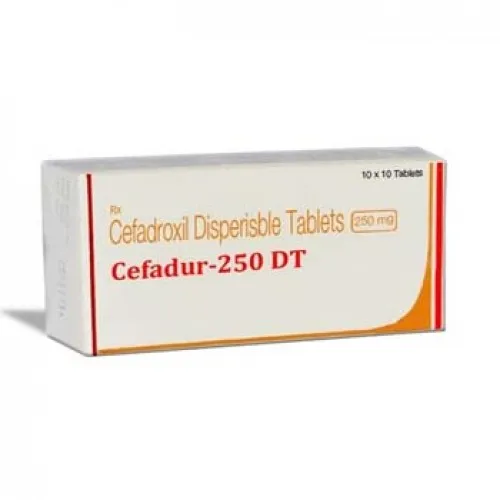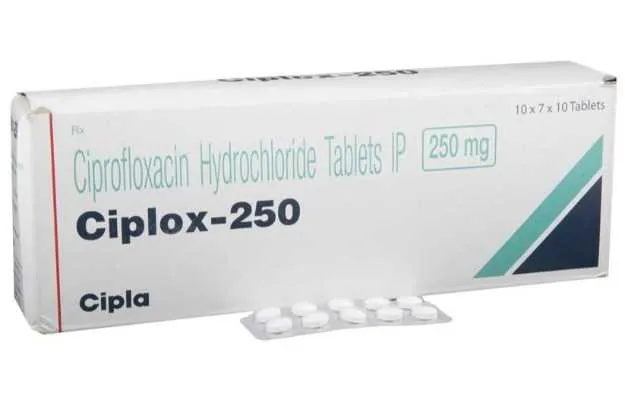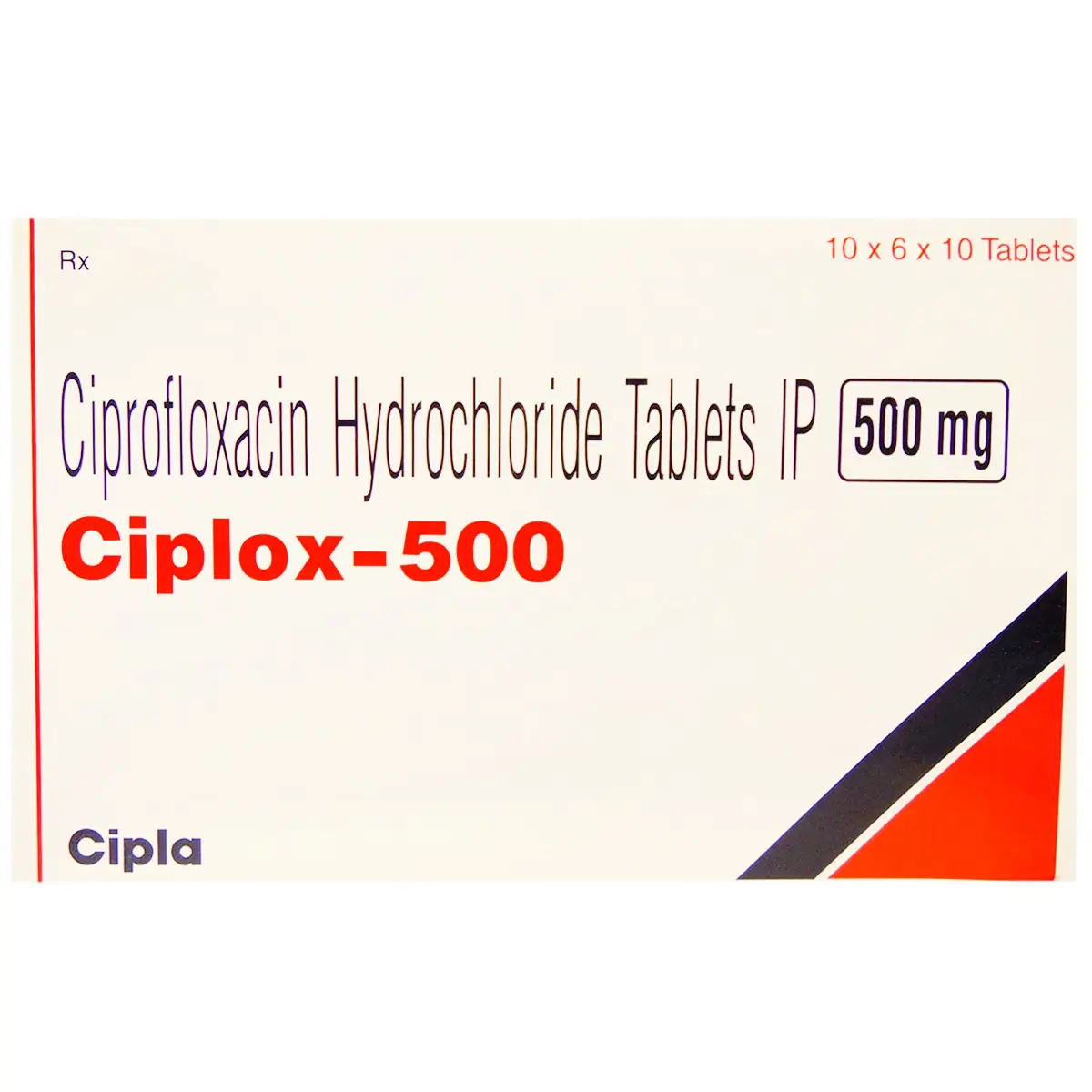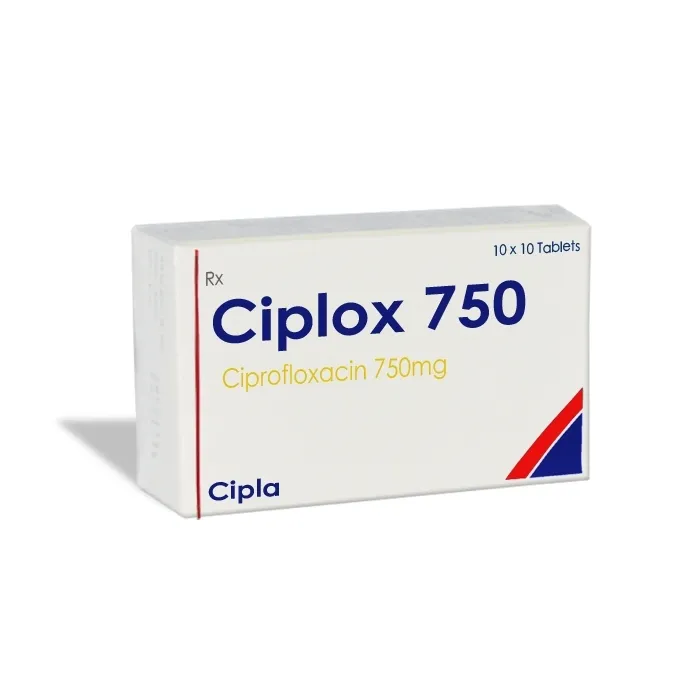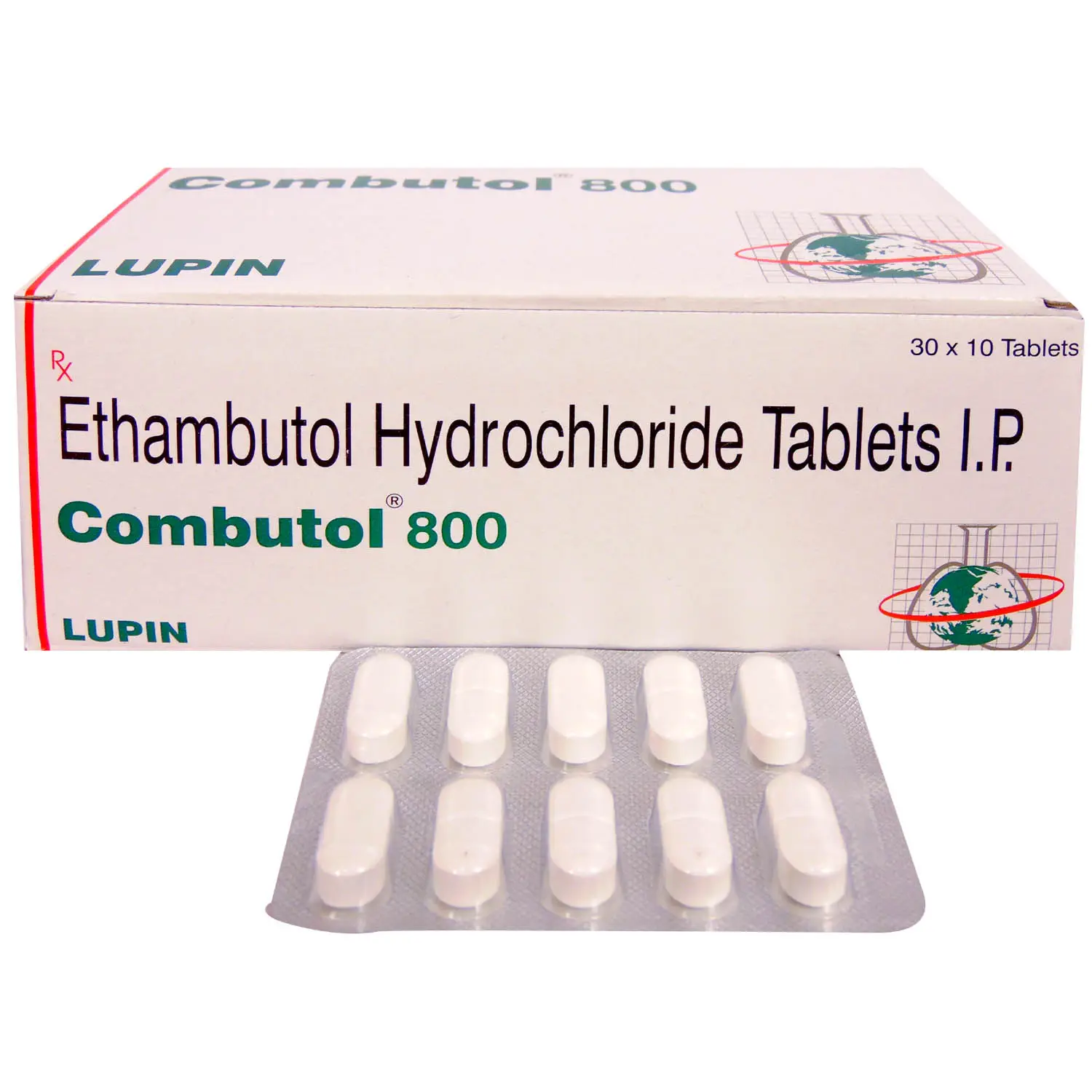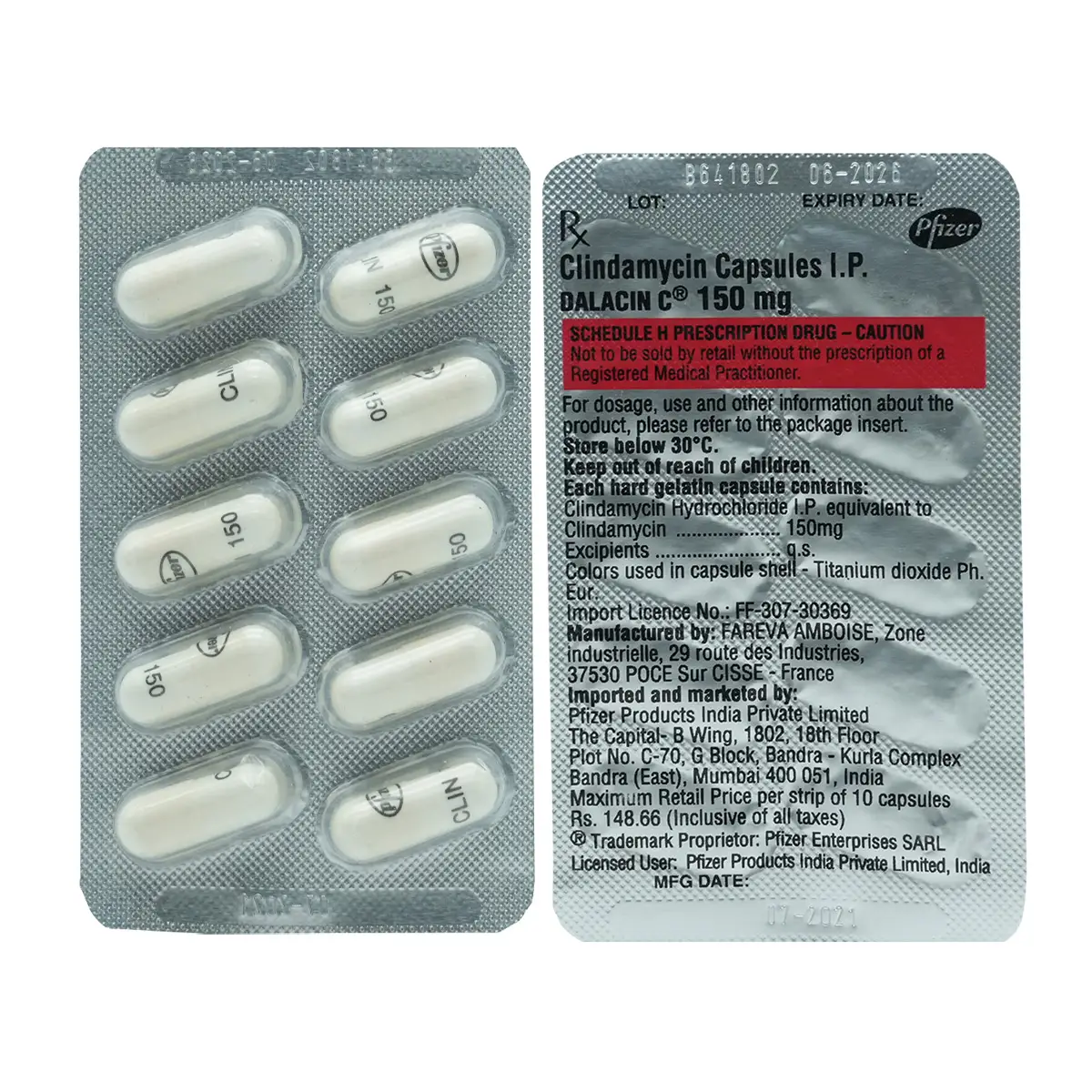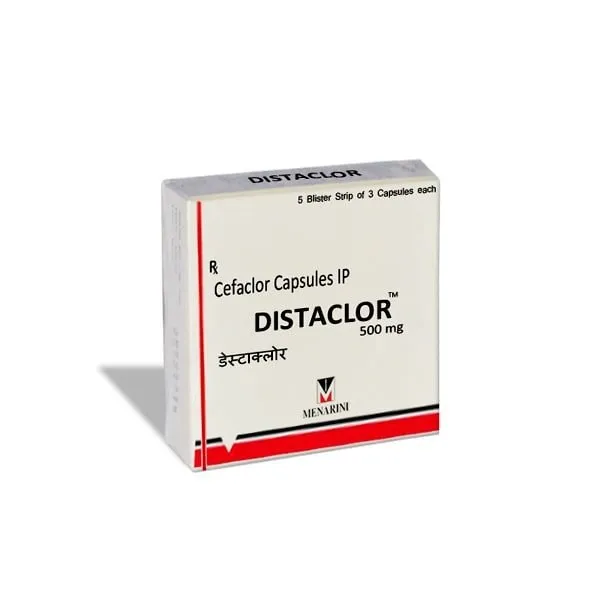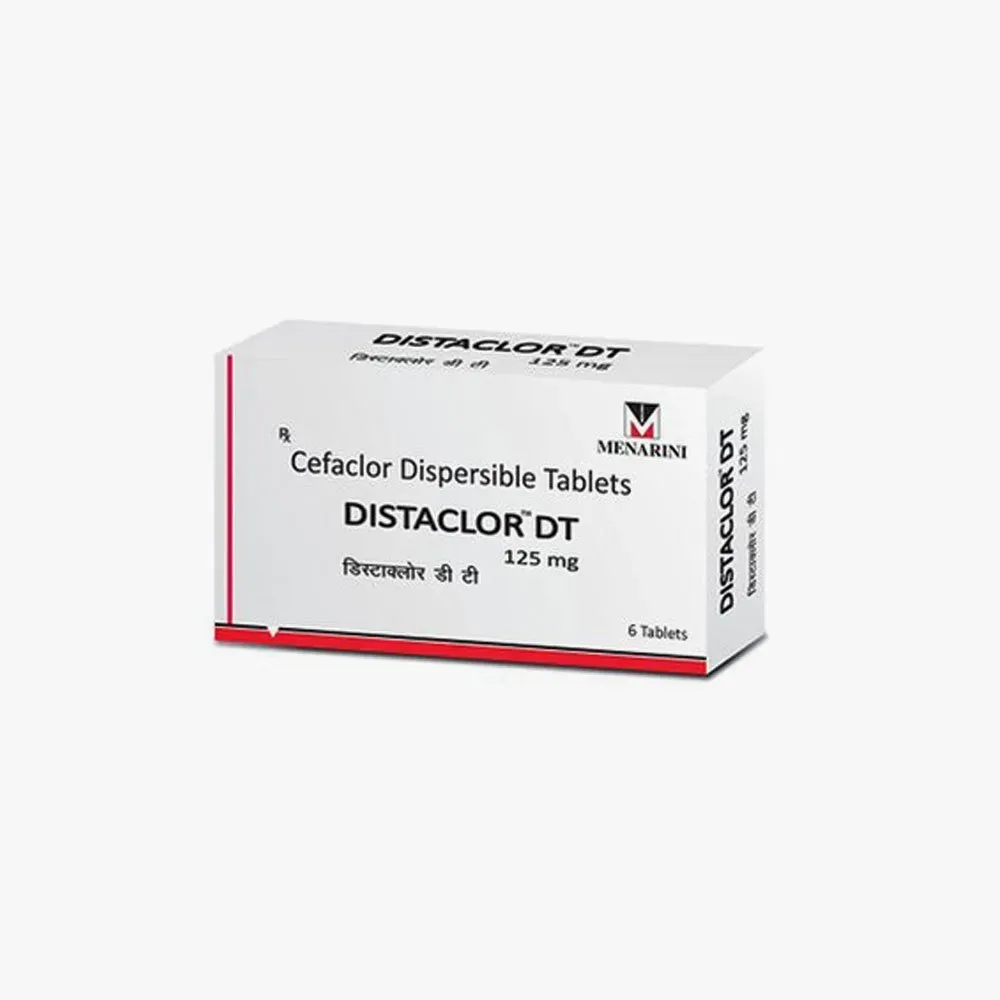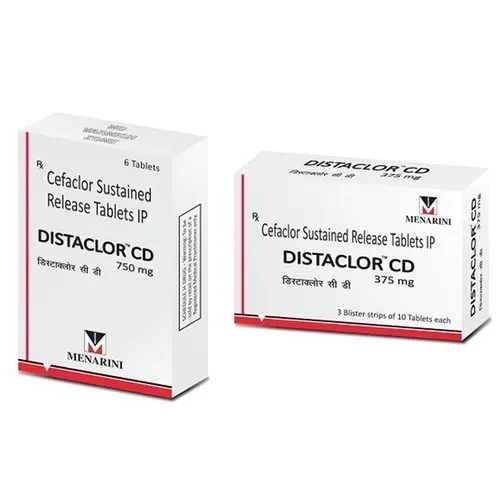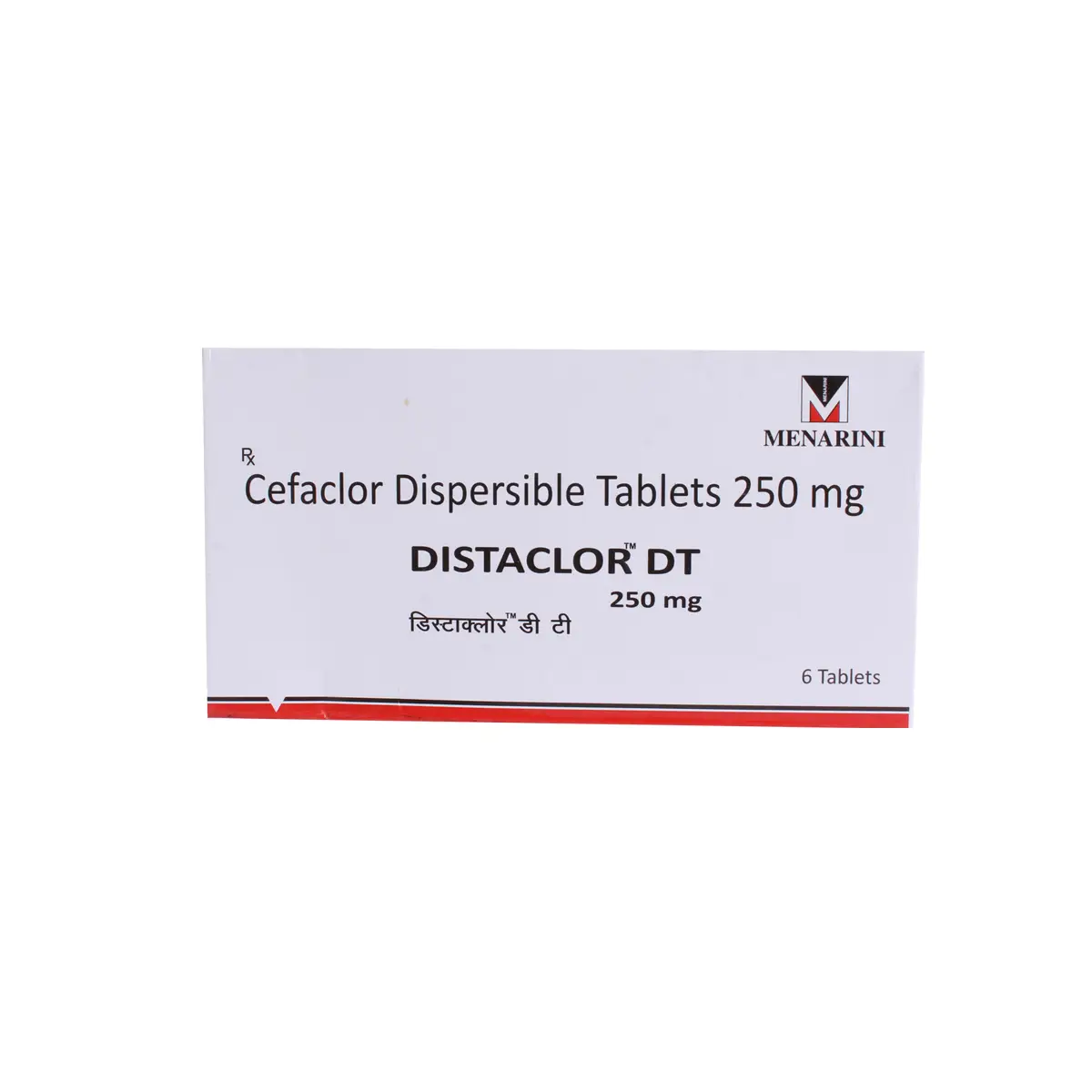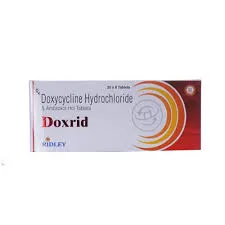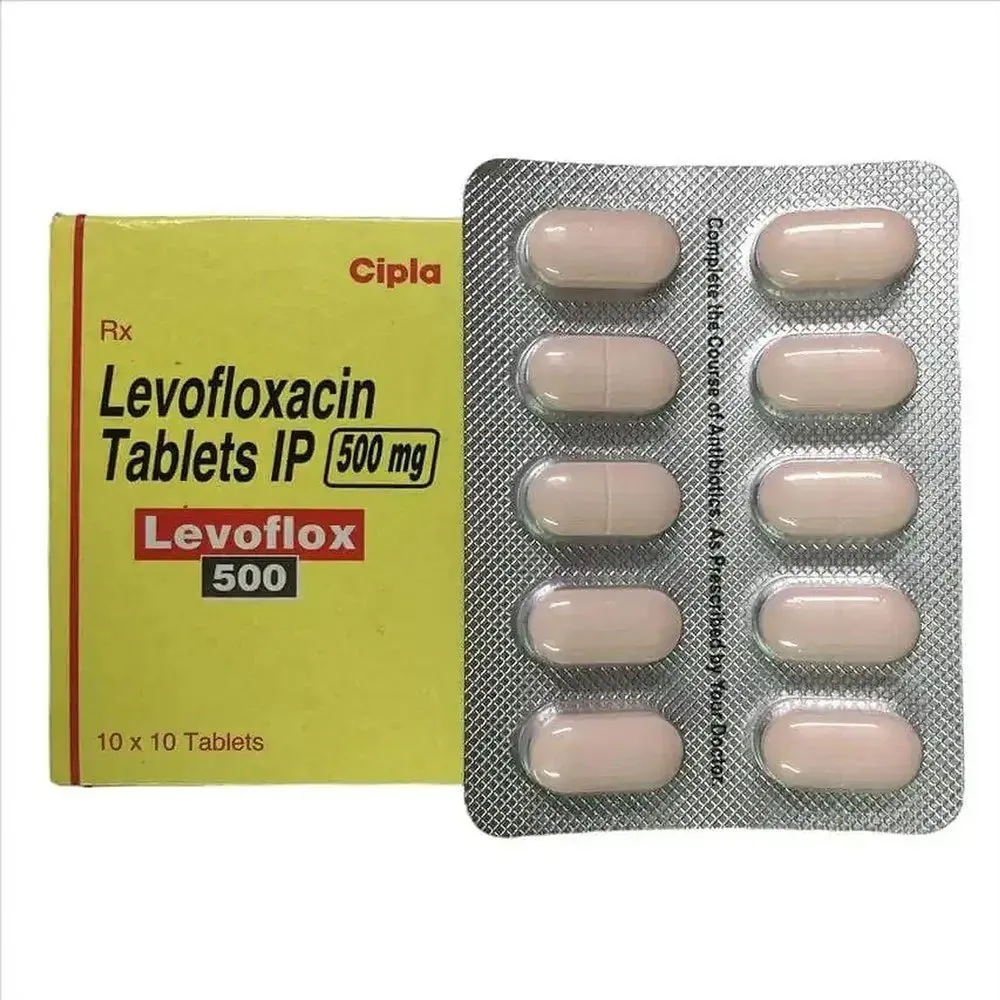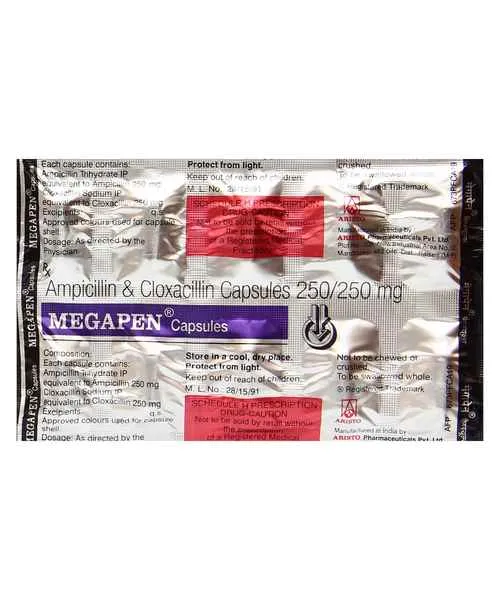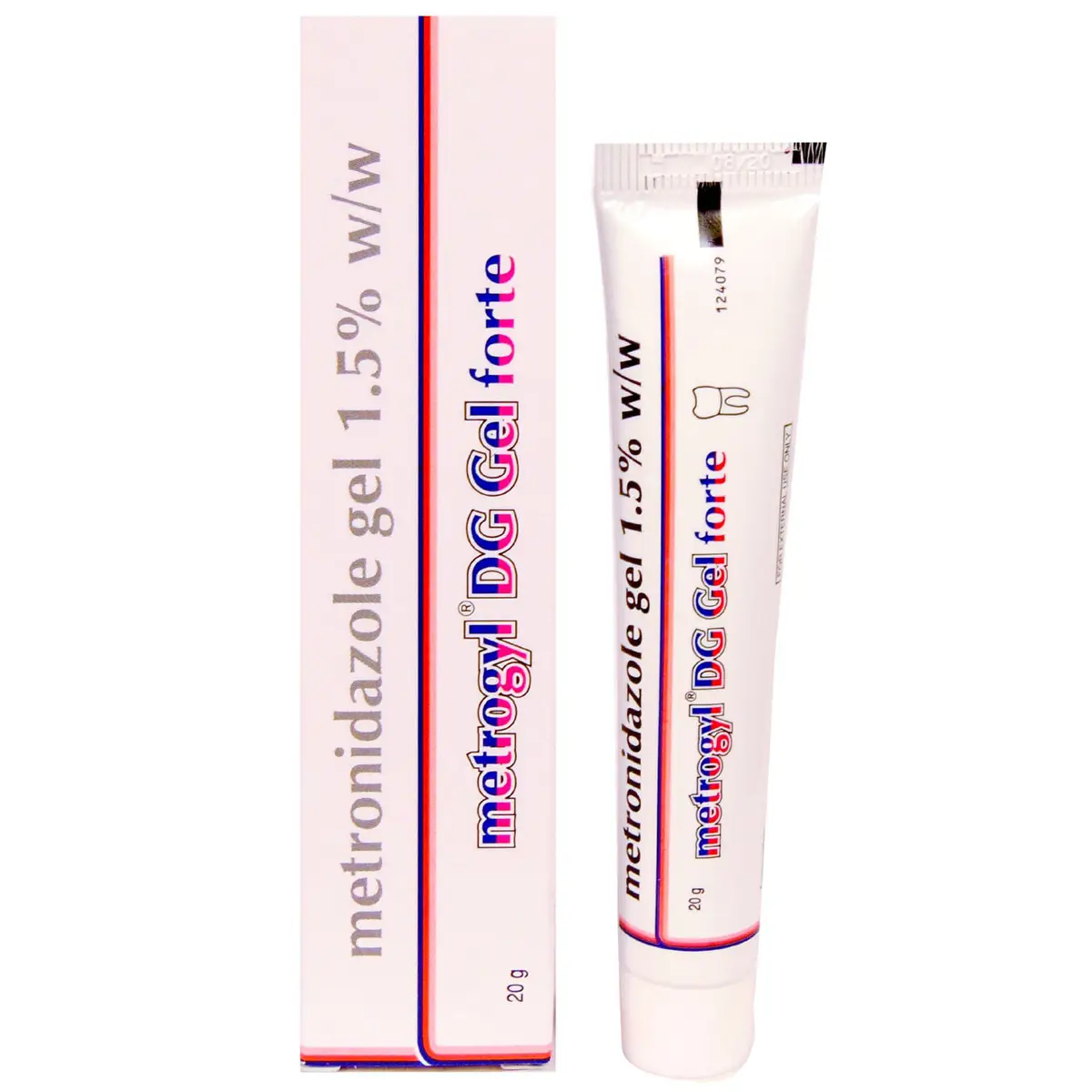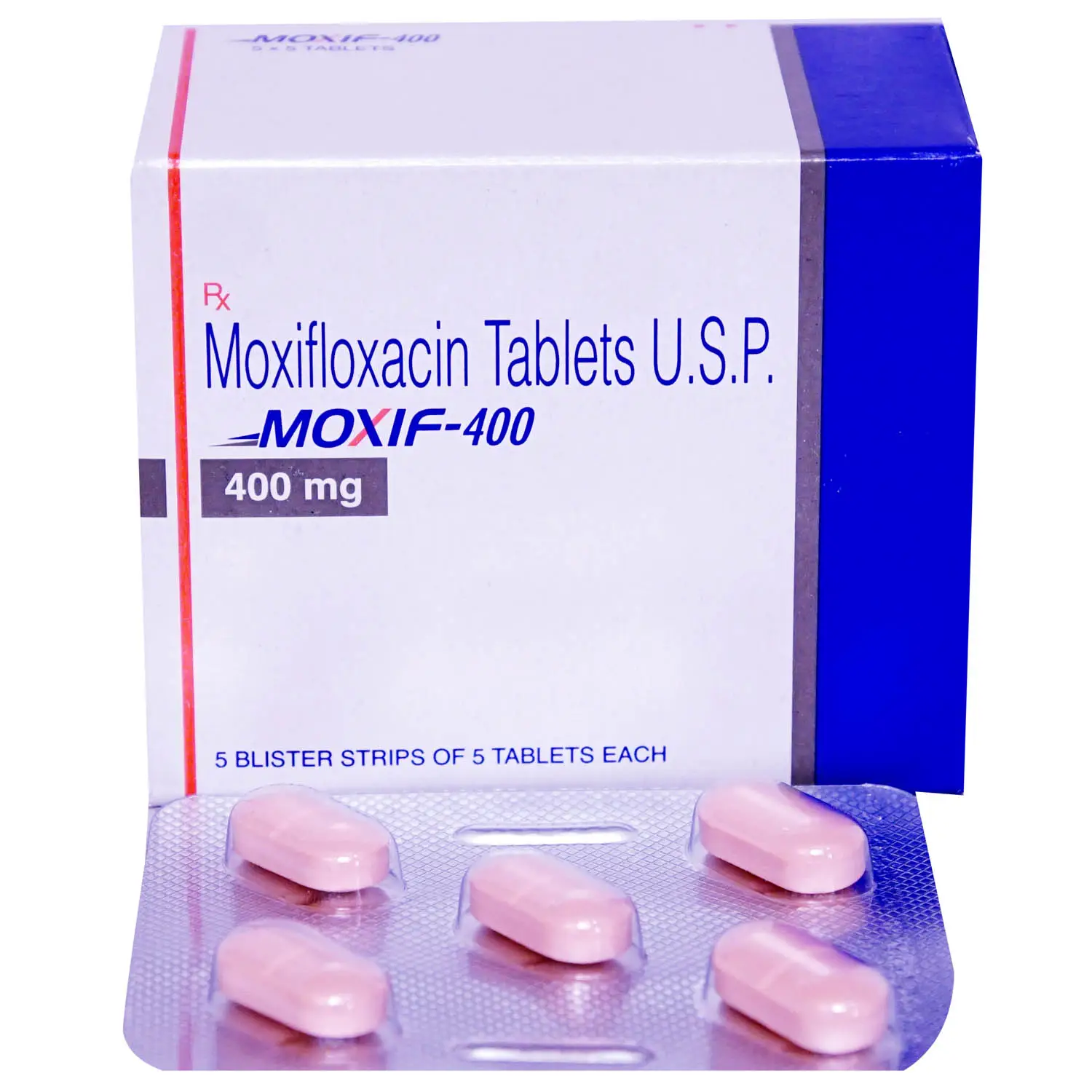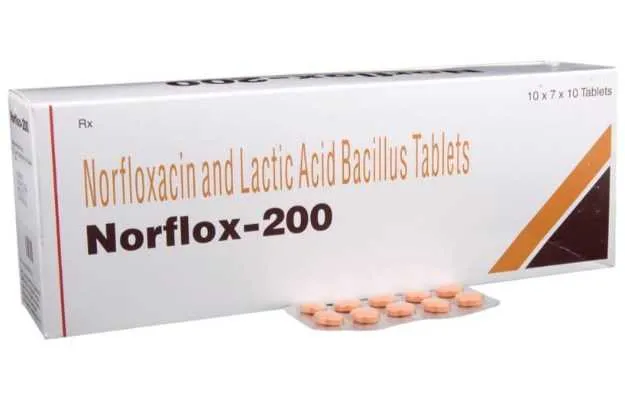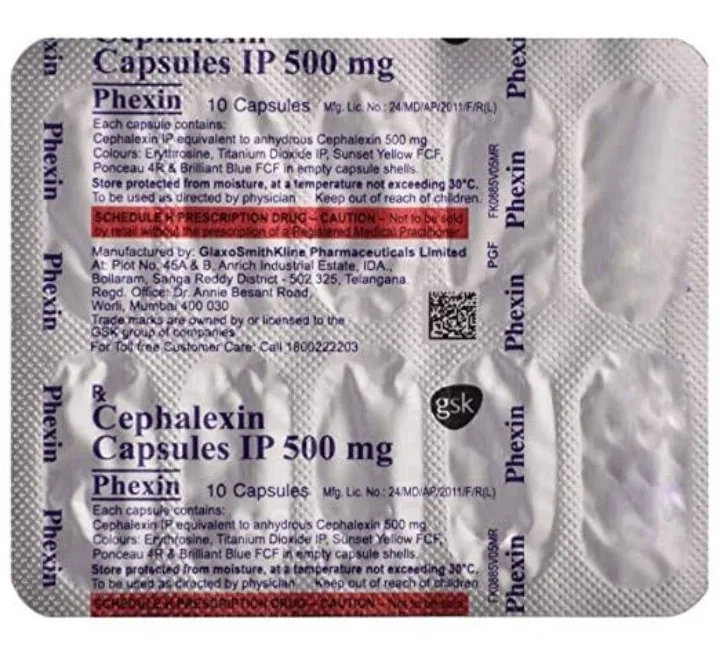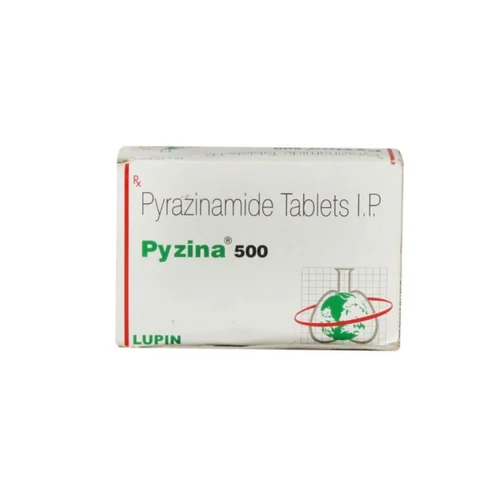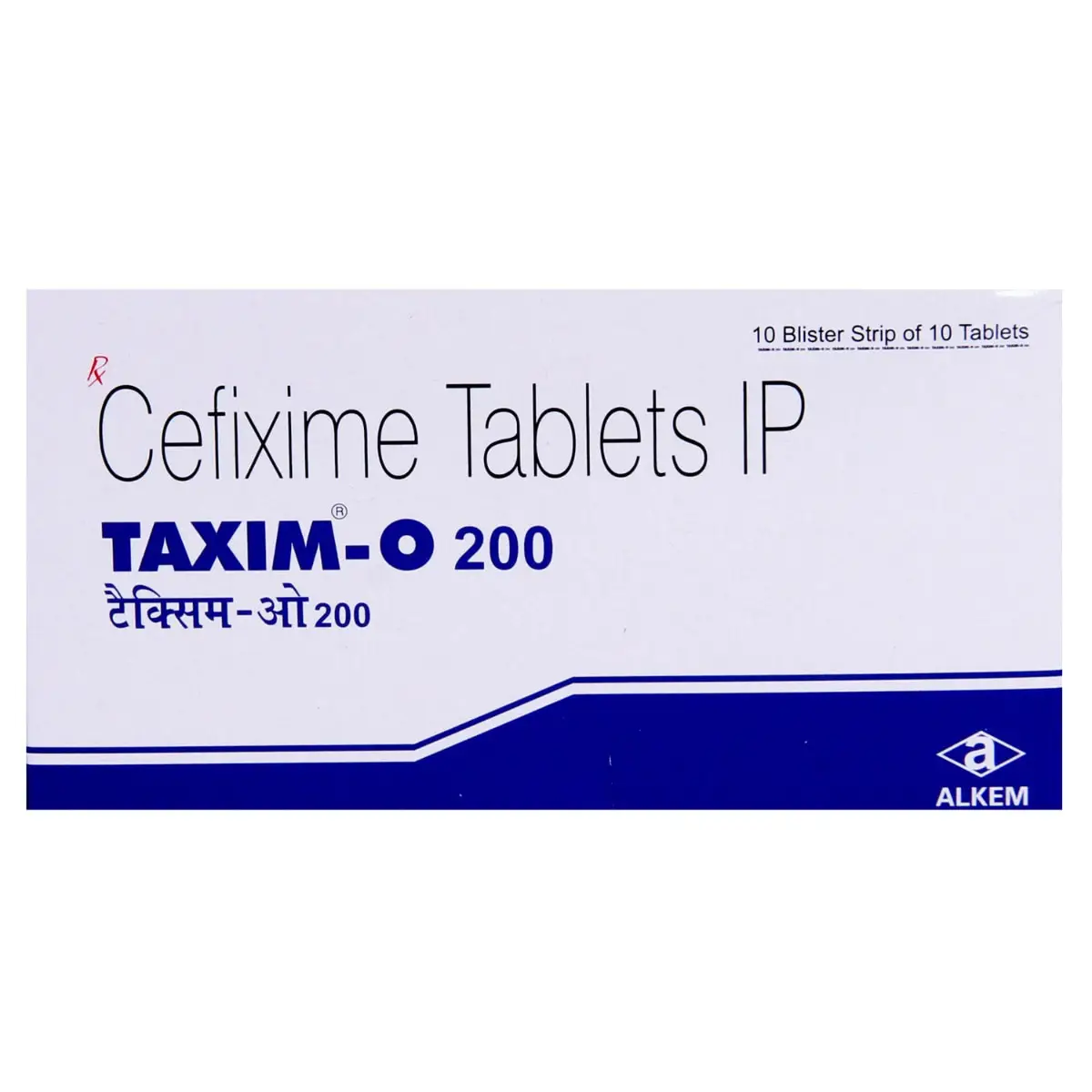Antibiotic Medicine: Combating Bacterial Infections
Antibiotics have revolutionized modern medicine, providing a crucial line of defense against bacterial infections. These powerful drugs have saved countless lives, but their misuse can lead to antibiotic resistance, a growing global health concern. In this comprehensive guide, we'll delve into the world of antibiotic medicine, exploring the various types of antibiotics, their mechanisms of action, responsible use, and the ongoing battle against antibiotic-resistant bacteria.
Types of Antibiotic Medicine:
Penicillins:
- Penicillins, such as amoxicillin and penicillin G, are among the earliest antibiotics discovered and are effective against a wide range of bacterial infections.
Cephalosporins:
- Cephalosporins, like cephalexin and ceftriaxone, are commonly used to treat bacterial infections of the respiratory and urinary tracts.
Tetracyclines:
- Tetracyclines, including doxycycline and tetracycline, are prescribed for conditions like acne, Lyme disease, and urinary tract infections.
Macrolides:
- Macrolides, such as azithromycin and erythromycin, are used to treat respiratory infections, skin conditions, and more.
Fluoroquinolones:
- Fluoroquinolones like ciprofloxacin and levofloxacin are versatile antibiotics used for urinary tract and respiratory infections, although their use is more restricted due to potential side effects.
Antibiotic Use:
To combat antibiotic resistance and preserve the effectiveness of these medications, it's crucial to use antibiotics responsibly. Here are key principles:
- Follow your healthcare provider's instructions precisely.
- Complete the full course of antibiotics, even if you start feeling better.
- Never share antibiotics or use leftover antibiotics from previous treatments.
- Understand that antibiotics are ineffective against viral infections like the common cold or flu.
Antibiotic Resistance and the Ongoing Battle:
Antibiotic resistance occurs when bacteria develop the ability to resist the effects of antibiotics. This poses a serious threat to public health, making it essential for healthcare providers, researchers, and the community to work together to combat antibiotic resistance. Ongoing research aims to develop new antibiotics and alternative treatments to stay ahead in this battle.
Conclusion:
Antibiotic medicine remains a cornerstone of modern healthcare, providing a potent weapon against bacterial infections. By understanding the diverse range of antibiotics, using them responsibly, and supporting efforts to combat antibiotic resistance, we can continue to benefit from these life-saving drugs while ensuring their efficacy for generations to come. Responsible antibiotic use is a shared responsibility that contributes to a healthier world.


